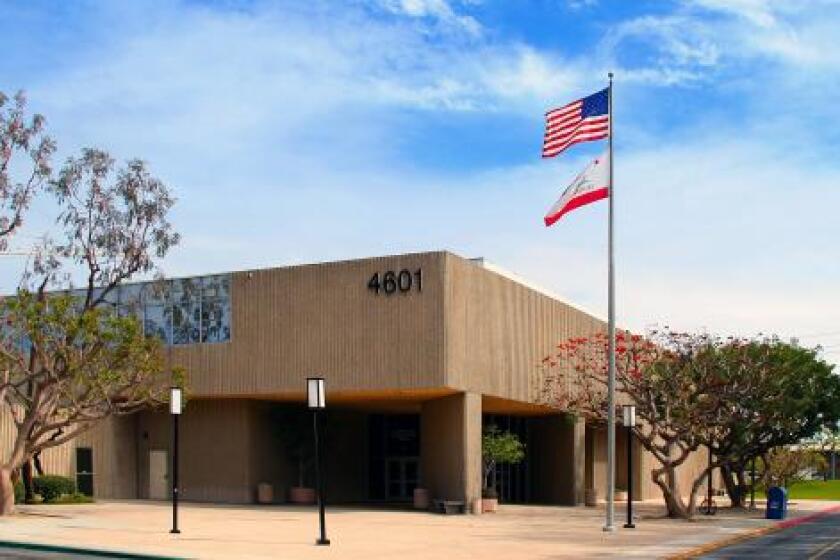State skirting by without rolling blackouts
- Share via
Paul Clinton
NEWPORT-MESA -- It certainly hasn’t been the long, hot summer that was
expected to turn out the lights across the state via rolling blackouts.
Now three week into August, officials are breathing a sigh of relief
as the state moves toward escaping what was thought to be a catastrophic
energy crunch.
A cool summer, new power plants and increases in conservation by
businesses and residents have been largely responsible for the lack of
outages, officials said.
“We have fared so far much better than we thought we would do,” said
Southern California Edison spokesman Steve Hansen. “The weather has been
a big factor.”
Like other cities in the state, Newport Beach has joined in
conservation efforts. Earlier in the year, City Manager Homer Bludau
asked city department chiefs to try to cut 10% from their power budgets.
Bludau also implemented an energy policy in City Hall to cut usage.
Employees have been asked to turn off their computers at night and try to
use less light. Bludau also said he loosened up the dress code to reduce
air conditioner use.
City workers are midway through a plan begun several years ago to
install energy-efficient lightbulbs in city buildings.
“We have been looking for bits and pieces to save energy here and
there,” Bludau said. “It’s a common-sense approach.”
Bludau said the city has also begun careful record keeping of the more
than 80 city power meters.
The private sector has also been playing the conservation game.
Statewide power usage was down 12% in June and 9% in July compared with
the same months last year, Hansen said.
Also, about 30% of Edison customers have qualified for the utility’s
20-20 plan. In that plan, residents receive a 20% rebate from the state
if they use 20% less power than last year.
Conservation efforts are due not only to the state’s massive public
relations campaign with the “Flex Your Power” television ads, but also to
higher bills, Assemblyman John Campbell (R-Irvine) said.
“I think people heard the message on rates that are 50% higher or
more” than last year, Campbell said. “People want to see their rates go
lower.”
Even with the power situation under control, many of the rate hikes
passed earlier this year by the Public Utilities Commission are expected
to stay in effect.
Ratepayers will continue to pay the bill for expensive power contracts
between the state and generators, Campbell said.
“The state of California has done a horrible job of buying and
managing the purchases of energy,” Campbell said. “What the state has
done with energy is like buying Internet stocks at the top of the market
and selling them at the bottom.”
* Paul Clinton covers the environment and John Wayne Airport. He may
be reached at (949) 764-4330 or by e-mail ato7
All the latest on Orange County from Orange County.
Get our free TimesOC newsletter.
You may occasionally receive promotional content from the Daily Pilot.



